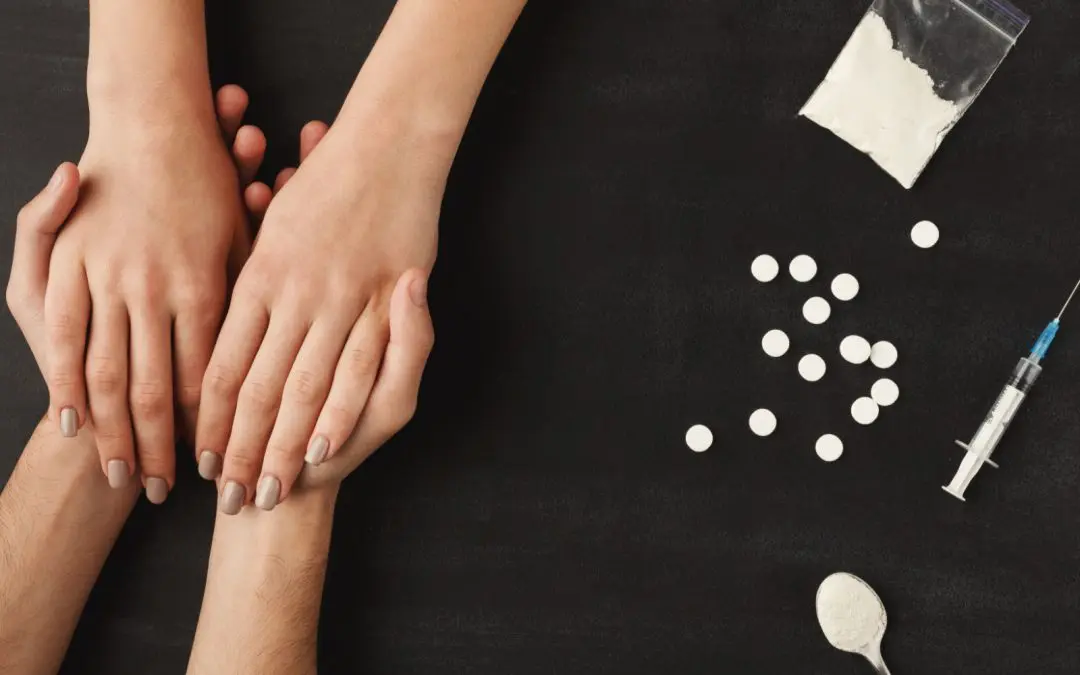24/7 Helpline:
(866) 899-221924/7 Helpline:
(866) 899-2219
Learn more about PTSD Treatment centers in Crow Wing County

Other Insurance Options

Holman Group

Magellan
Beacon

Self-pay options

PHCS Network

AllWell

Humana

Ambetter

Horizon Healthcare Service

Regence

Access to Recovery (ATR) Voucher

Absolute Total Care

Medical Mutual of Ohio

Kaiser Permanente

WellCare Health Plans

ComPsych

Highmark

Ceridian

Health Partners

Optum

Northern Pines Chemical Health
Northern Pines Chemical Health is a private rehab located in Brainerd, Minnesota. Northern Pines Che...

Pinnacle Recovery Services
Pinnacle Recovery Services is a private rehab located in Brainerd, Minnesota. Pinnacle Recovery Serv...

Mended Reeds Mental Health
Mended Reeds Mental Health (MRMH) is an alcohol and drug rehab center in Ironton, Ohio. They serve m...







































































































Adult Teen Challenge – Life Renewal
Adult Teen Challenge (ATC) Life Renewal is a private, faith-based rehab that provides treatment for ...

Community Addiction Recovery
Community Addiction Recovery is a public rehab located in Brainerd, Minnesota. Community Addiction R...

Northern Pines Mental Health – Brainerd
Northern Pines Mental Health – Brainerd is a private rehab located in Brainerd, Minnesota. Northern ...

Spectrum Outreach Services
Spectrum Outreach Services is a private rehab located in Ironton, OH. Spectrum Outreach Services spe...

Lawrence County Family Guidance Center
Lawrence County Family Guidance Center is a private rehab located in Ironton, Ohio. Lawrence County ...




































































